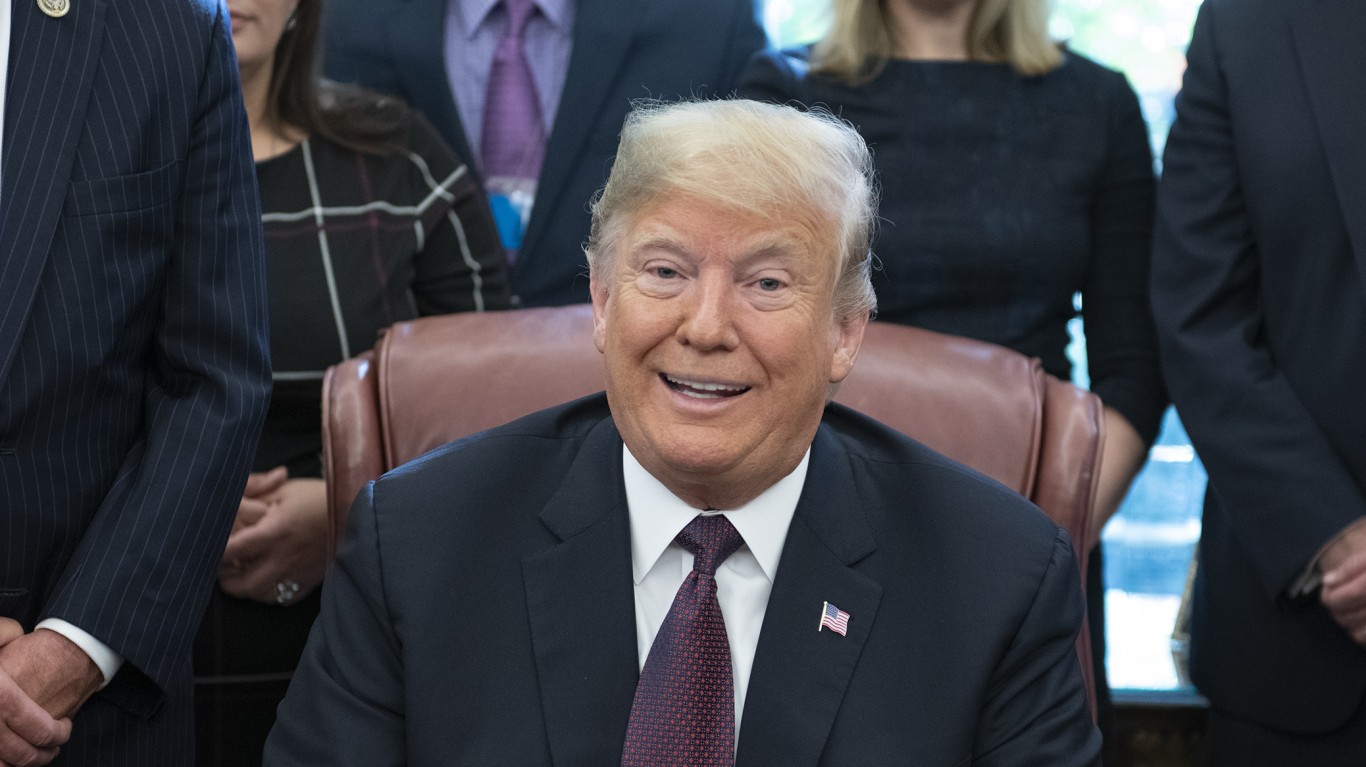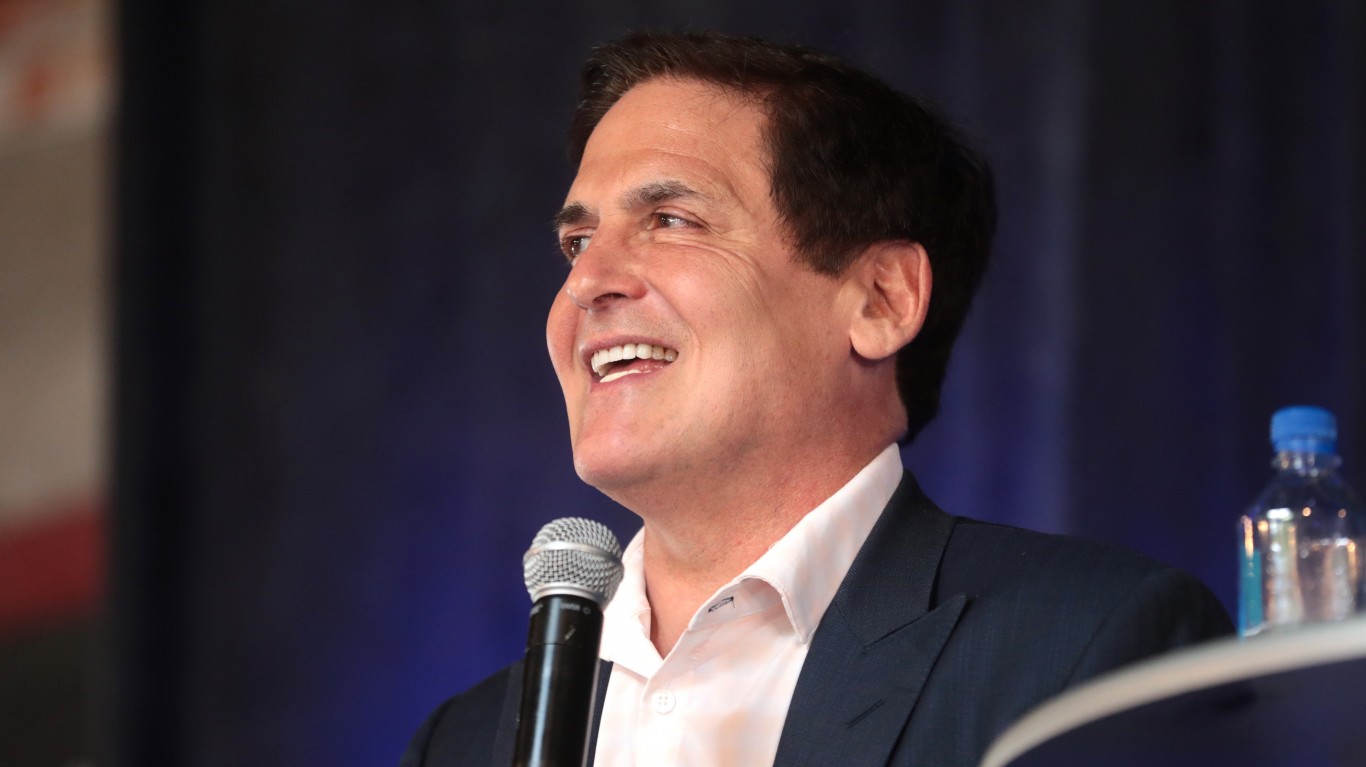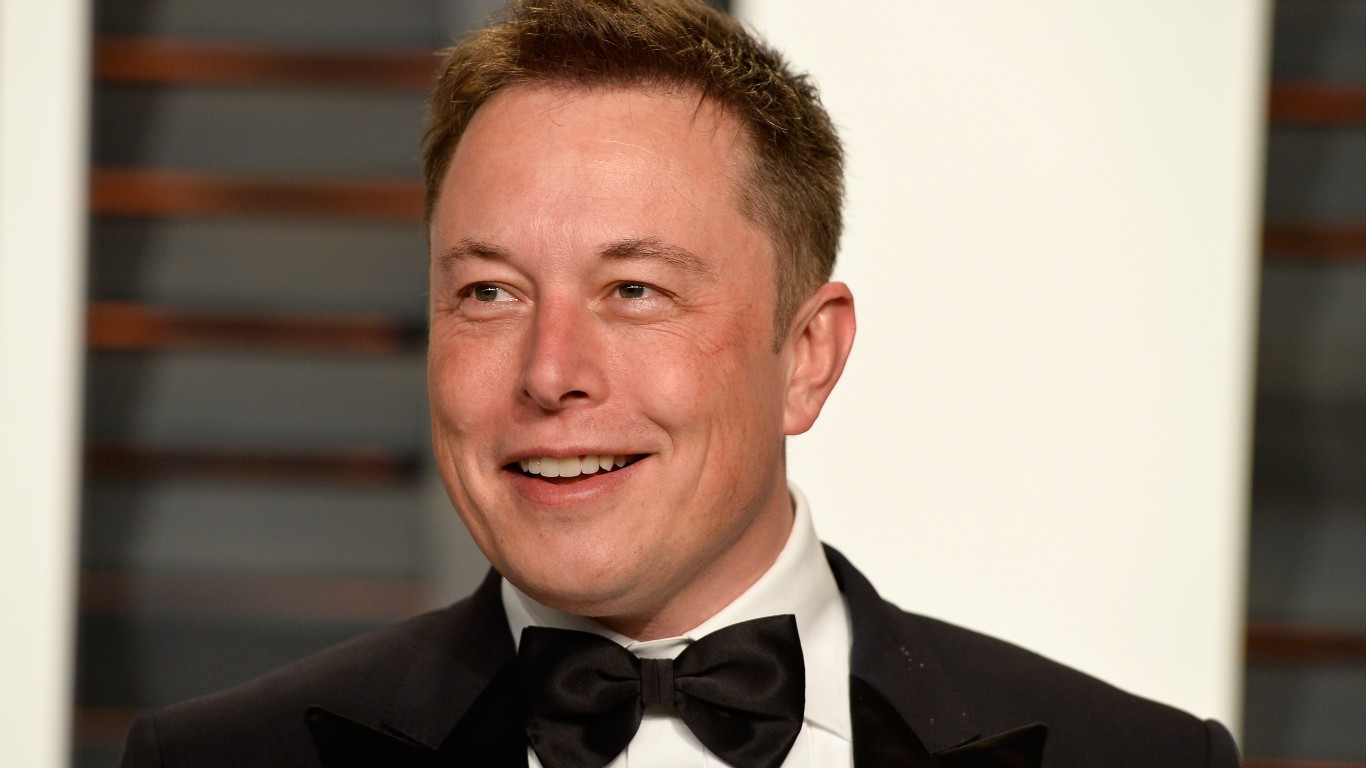Investing
Here's What to Make of the Recent Elon Musk and Mark Cuban Rivalry

Published:

Billionaires Mark Cuban and Tesla (NASDAQ:TSLA) CEO Elon Musk have certainly gone toe to toe of late. For many in the investing community, this billionaire square off is one that’s both entertaining to watch, and also indicative of the increasingly polarized and politicized world we not live in.
Mark Cuban has become a proud supporter of the left, and many policies put in place by the Biden/Harris ticket. His new business ventures are focused on various initiatives that many may look at as bipartisan (who doesn’t want drug prices to come down), but his very vocal support for Democrats this upcoming election has caught the eye of “dark MAGA” supporter Elon Musk.
Speaking at a Trump Rally, Musk has certainly transformed himself and his image among a left-leaning base he relied upon to sell millions of electric vehicles to a group of early adopters that were clearly concerned about the environment. This shift has been notable, as has Cuban’s increased rhetoric supporting the Democrats. So, as two of the most outspoken billionaires on the political front, many investors are intrigued by the rivalry forming between the two, and what the outcome of the upcoming election may mean for these billionaires in particular.
Of course, there are other ways this rivalry could reflect the policies a new administration could put in place that may affect your portfolio as well. Let’s dive into what to make of this controversy right now.

A recent spat between Elon Musk and Mark Cuban on social media platform X has reignited interest in the increasingly hostile commentary between the two world-class investors. Musk has continued to mock Cuban in recent weeks, claiming that “Mark Cuban is proof that even morons can become billionaires.” This post was in response to a number of rumors that began swirling around Cuban seeking the SEC chair position if Kamala Harris does win the election. (Notably, Musk’s previous commentary around looking to create a “Department of Government Efficiency” – spelling DOGE for his crypto supporters – is at odds with Cuban’s political ambitions).
The two billionaires have confirmed they have exchanged text messages in the past, despite not considering each other a friend. Musk’s various posts on X, including his claim that “if Trump is NOT elected, this will be the last election,” suggests the two have a very different view of what a continued Democratic presidency may mean for the country moving forward.
Mark Cuban has gone so far as to suggest to musk that “There will come a time when you need something from Donald Trump…then, at the point you need him the most, you will find out what so many before you have learned, his loyalty is only to himself.”
Ultimately, these billionaires do appear to have plenty riding on this upcoming election, whether or not their political ambitions are sincere. For these two high net worth individuals, I’d expect to see their rankings on the Forbes’ most wealthy list change dramatically in the coming months, as we usher in a new administration.

In January, Elon Musk and Mark Cuban clashed over the importance of diversity, equity, and inclusion (DEI) programs after Harvard’s first Black president, Claudine Gay, resigned. There have been plenty of critics of Gay who highlighted some issues around her past publications and research, which ultimately led to her ousting. But concerns over DEI being “just another word for racism” (at least in the eyes of Elon Musk) has been noted as a key factor in her ousting, with the Supreme Court recently ruling that such initiatives should be excluded from the admissions protocol higher education institutions put in place when determining who gets into a specific program or not.
Mark Cuban has been a staunch supporter of DEI initiatives, suggesting these initiatives help boost productivity by promoting overlooked talent. His view is that such politics reduce stress and foster inclusion, countering claims of “reverse racism” put forward by those pushing for DEI to become a thing of the past (with notable billionaires Elon Musk and Bill Ackman among the two more prominent thought leaders on this front).
Musk has doubled down on the heated DEI debate, questioning Mark Cuban if DEI initiatives would lead the Dallas Mavericks to feature a short white or Asian woman. Ackman and Cuban have both pushed on this idea, claiming that DEI is not truly about diversity, equity or inclusion.

If anything, it’s easy to surmise that this ongoing rivalry between Mark Cuban and Elon Musk will certainly provide onlookers with entertainment. I think that’s perhaps an understatement, given the amount of heightened rhetoric we’re about to see headed into this election in a month’s time.
I also think the highly politicized views both billionaires have on key issues such as DEI certainly reflect the sort of discussions many voters are having, and how their world views may shape voting outcomes for this upcoming election.
Again, both billionaires have plenty to gain from their party of choice winning this upcoming election. But for voters and investors, the varying tax policies both candidates are supporting and their views on specific industries could also have a big impact on one’s overall net worth. Trump’s tax-cutting fervor is well known, but with the Harris campaign ramping up tax breaks for small businesses and looking to identify more with the middle class (while taxing the wealthiest among us), her campaign is clearly aiming to appeal to the average voter. We’ll have to see whether big-pocketed interests ultimately win out, as they so often do, given the size of lobbies in Washington.
I’ll be watching the upcoming election closely, for many more reasons than the outcome this election may have on the portfolios of these billionaires. But it’s clear that this election matters for all of us, not just the ultra-wealthy with differing views.
The thought of burdening your family with a financial disaster is most Americans’ nightmare. However, recent studies show that over 100 million Americans still don’t have proper life insurance in the event they pass away.
Life insurance can bring peace of mind – ensuring your loved ones are safeguarded against unforeseen expenses and debts. With premiums often lower than expected and a variety of plans tailored to different life stages and health conditions, securing a policy is more accessible than ever.
A quick, no-obligation quote can provide valuable insight into what’s available and what might best suit your family’s needs. Life insurance is a simple step you can take today to help secure peace of mind for your loved ones tomorrow.
Click here to learn how to get a quote in just a few minutes.
Thank you for reading! Have some feedback for us?
Contact the 24/7 Wall St. editorial team.